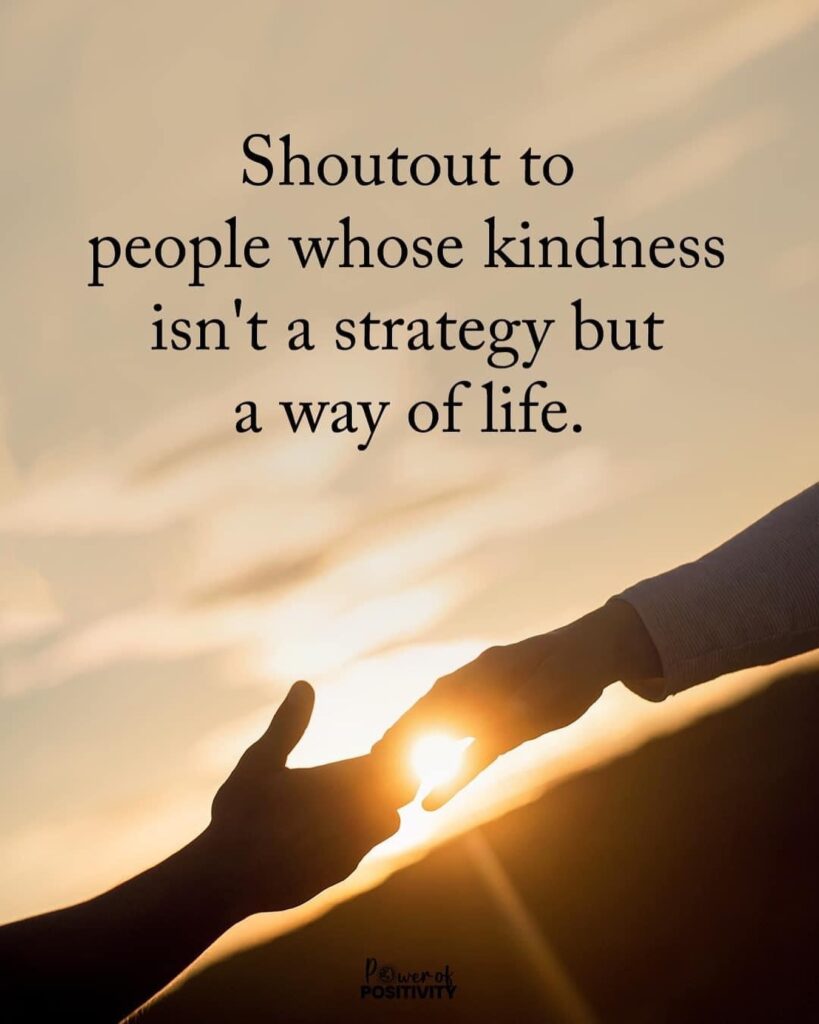Why do younger women prefer older men? It’s a question that sparks a lot of opinions, but the truth isn’t as one-dimensional as people think. Some assume it’s all about money or status, while others believe it’s tied to outdated relationship dynamics. In reality, psychology offers deeper insights into why these relationships happen.
Attraction goes beyond stereotypes. Many younger women are drawn to older men for emotional stability, life experience, and a stronger sense of commitment. Unlike younger partners, older men often bring confidence and a clear direction in life, which can be appealing in a relationship.
Psychologists say that human connection isn’t just about age—it’s about what someone brings to the table. When two people feel understood and valued, the number on their birth certificate doesn’t matter. So what exactly makes these relationships work? Let’s break down the real reasons behind this dating trend.
Understanding Attraction to Older Men
Age-gap relationships have been around for centuries, shaped by culture, tradition, and personal preference. In many societies, men have historically been older in relationships, often due to financial stability or social norms. But today, the reasons go beyond tradition.
Psychologists suggest that younger women prefer older men for emotional security, life experience, and a deeper sense of commitment. Maturity can make a relationship feel more stable, while confidence and wisdom add to the attraction.
More than anything, relationships are about connection. When two people align in values and emotional needs, age becomes just another number in the equation.
7 Psychological Reasons Younger Women Prefer Older Men
1. Emotional Maturity and Stability
Relationships often come with ups and downs, and emotional stability plays a big role in making them work. Many younger women prefer older men because they handle emotions with maturity. Instead of reacting impulsively, they think things through, communicate clearly, and avoid unnecessary drama.
A sense of security is another key factor. Younger partners may still be figuring out their feelings, careers, and goals, but older men often have a stronger emotional foundation. They know how to support a partner without being controlling or unpredictable.
Reliability also makes a difference. Unlike some younger men who may be indecisive or inconsistent, older men tend to follow through on their commitments. That kind of stability can make a relationship feel more comfortable, predictable, and fulfilling.
2. Life Experience and Wisdom
Experience brings wisdom, and that’s something many younger women prefer older men for. Having gone through different life situations, older men often provide valuable insight and advice. Whether it’s career struggles, personal growth, or handling emotions, they offer guidance from real experiences.
Patience also comes with time. Instead of reacting quickly to problems, they tend to approach challenges with a calm and level-headed attitude. That can be reassuring for a younger partner, especially when dealing with stressful situations.
Emotional support is another big factor. Older men usually know how to listen and respond thoughtfully rather than dismissing concerns. They don’t just bring knowledge—they bring a deeper understanding of life, which can make relationships feel more meaningful and connected.
3. A Stronger Sense of Commitment
Many younger women prefer older men because they are past the phase of casual dating. While younger men might still be figuring out what they want, older men usually have a clear idea of what kind of relationship they’re looking for.
Long-term commitment is often a priority. They’re not playing games or stringing someone along—they know what they want and aren’t afraid to commit when they find the right person. That kind of certainty can be attractive for someone looking for a stable relationship.
Consistency also matters. Rather than disappearing when things get difficult, older men tend to stick around and work through challenges. That kind of dedication makes relationships feel more secure and long-lasting.
4. Financial Stability and Security
Money isn’t everything, but financial stability can make a relationship feel less stressful. Many younger women prefer older men because they have already established careers and financial independence. This doesn’t mean they’re expected to provide everything—it simply means they bring a level of security that younger men often can’t.
A stable lifestyle is attractive, not just for luxury but for peace of mind. Knowing that bills are covered and financial stress isn’t a constant issue can create a more relaxed relationship.
It’s not about gold-digging—it’s about being with someone who has their life together. When a partner is financially responsible, it can make planning for the future feel easier and more realistic.
5. Confidence and Assertiveness
Confidence is attractive, and it’s one of the reasons younger women prefer older men. Unlike younger guys who might still be figuring themselves out, older men have usually developed a strong sense of who they are. They don’t need constant validation or approval from others.
Decisiveness is another appealing trait. Instead of second-guessing or avoiding responsibility, older men tend to take action and make decisions with confidence. That kind of assertiveness can make relationships feel more stable and less uncertain.
Less insecurity also means fewer games. Older men are generally upfront about their feelings and intentions. They aren’t as likely to ghost, play hard to get, or create unnecessary drama. This honesty and self-assurance can make relationships feel much healthier and easier.
6. Less Pressure to Conform to Modern Dating Norms
The dating world has changed a lot, and for some, modern dating culture can feel exhausting. Many younger women prefer older men because they offer a different approach—one that’s more focused on real connection rather than games or social media status.
Older men usually aren’t obsessed with online dating apps, texting games, or the pressure to follow fast-moving dating trends. They tend to value in-person conversations, meaningful dates, and emotional connection over casual encounters.
That kind of old-school approach can be refreshing. Instead of worrying about constantly impressing someone on social media or navigating complicated dating “rules,” being with someone who keeps things simple and direct can feel like a relief.
7. Attraction to Traditional Relationship Roles
Some relationships naturally fall into traditional roles, where one partner provides in certain ways while the other nurtures in return. This isn’t about outdated gender expectations—it’s about dynamics that work for both people. Many younger women prefer older men because they often take on a protective and caring role.
Older men tend to enjoy being providers—not just financially, but emotionally and mentally as well. They offer guidance, support, and reassurance, creating a relationship dynamic that feels balanced.
For younger women who value that kind of structure, dating an older man can feel comforting. As long as both partners feel valued and respected, this kind of relationship can be deeply fulfilling.
Can These Relationships Work?
Every relationship is different, and success isn’t just about age—it’s about compatibility. Many younger women prefer older men because they share similar values, emotional needs, and relationship goals. When both partners respect and understand each other, the age gap becomes less important.
Long-term happiness depends on how well a couple communicates. Healthy relationships, no matter the age difference, thrive on trust, shared interests, and emotional connection. Plenty of couples with large age gaps build strong, lasting bonds based on mutual support.
Challenges can come up, like differing life stages or outside judgment, but those don’t have to define the relationship. Honest conversations and clear expectations help both partners stay on the same page.
Instead of focusing on age, what really matters is how two people make each other feel. If a relationship is built on love and respect, it has just as much potential to last as any other.
Possible Challenges and How to Manage Them
Social Stigma and Judgment
Some people make assumptions about relationships with big age gaps. Friends, family, or strangers might question the motives behind them, making couples feel judged. Instead of letting outside opinions affect the relationship, both partners need to stay confident in their choice. When a relationship is built on real connection, outside voices don’t matter.
Different Life Stages and Priorities
One challenge in age-gap relationships is being at different points in life. Many younger women prefer older men who are settled, while they may still be figuring out their own path. The key is balance—both partners should support each other’s goals while finding common ground in shared experiences and future plans.
Health and Aging Differences
Energy levels and health naturally change over time. While this might not be an issue at first, it can become one later. Honest conversations about expectations, lifestyle habits, and long-term plans help couples navigate these changes. A strong emotional bond can make these differences easier to manage as the relationship grows.
Balancing Power Dynamics
A healthy relationship should feel equal, no matter the age difference. Open communication ensures that both partners have a say in decisions, preventing any imbalance in control or influence.
Final Thoughts on Younger Women Preferring Older Men
Age alone doesn’t define a successful relationship. Many younger women prefer older men not because of tradition, but because of emotional security, maturity, and shared values. A strong connection matters more than numbers.
Challenges can come up, but every relationship faces obstacles. What makes age-gap couples work is mutual respect, open conversations, and understanding each other’s needs. When two people truly align, outside opinions and age differences don’t hold much weight.
At the end of the day, love isn’t about a birth year—it’s about how two people treat and support each other, no matter where they are in life.















